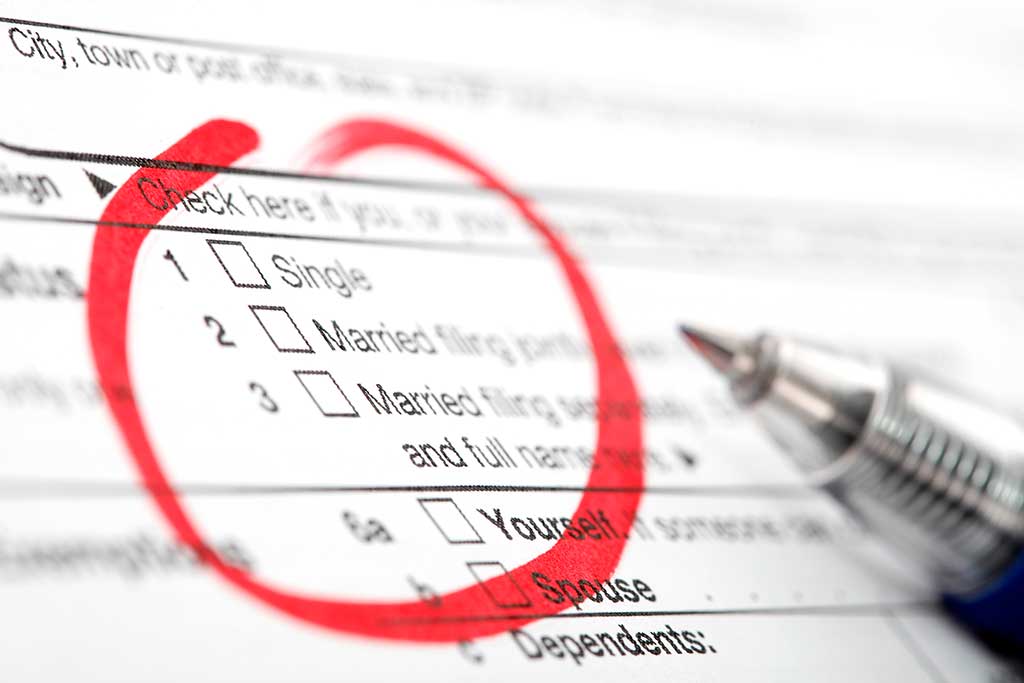Trader Tax Status (TTS) is a highly sought-after qualification by most day traders. It imparts many financial benefits, such as the ability to write off losses, employee benefit deductions for retirement plans, and business expenses. However, TTS cannot be elected by any individual trader or tax professional. The Internal Revenue Service (IRS) will have to legitimize in writing that a taxpayer qualifies for TTS. If you are wondering what benefits are entailed by TTS and whether you qualify, read on or visit our website to find more information today!
What are the Benefits of Trader Tax Status?
There are a large variety of benefits that come with TTS.
- Educational expenses such as stock trading seminars and education materials are deductible as long as they are itemized and are more than two percent of adjusted gross income.
- Traders who work from home can make a home office deduction.
- Traders with “mark-to-market election” can claim greater losses in trading (if applicable) compared to those without TTS.
- Traders with “mark-to-market election” or TTS may also ignore the wash sale rule that prevents traders from claiming the loss on the selling of a security.
How to Qualify for TTS?
As determined by the IRS, in order to qualify for TTS, you must meet the following requirements:
- Seek to profit from trades
- Trade frequently and regularly
- Trade substantially, or at a great volume
Essentially, in order for the IRS to treat the activities of a day trader as a business (thereby granting them TTS), the day trader must operate like a business. Firstly, in order to qualify as a part-time or full-time trader, you must spend at least four hours a day during every market day making trades. This time may include research, travel time for meetings, and administrative duties. A full-time trader is allowed to take breaks from trading for vacations or for recovering from an illness, but these occasions ought to be sporadic.
Additionally, a trader must be trading for 75% of the market week. While the majority of trades ought to be swing trades or day trades up to one month long, traders may place meaningless small trades just to meet this requirement.
Traders also ought to have at least $25,000 on deposit with a broker in the U.S. that gives them the right to call themselves a day trader.
Furthermore, the trader must intend to trade as a business, which involves using their own money as trading material. It is recommended for traders to have serious professional equipment, such as subscriptions, multiple monitors, an office, and cloud services, to indicate that their investment is a professional business.
How to File for TTS
The day trader must notify the IRS of their intention to file for TTS ahead of time by making a mark-to-market election in their tax return for the year prior to the year they intend to receive their TTS. The trader must submit a tax return from the previous year and attach a statement that includes the following:
- The first tax year that the mark-to-market election will apply to
- A declaration of election under section 475(f) of the Internal Revenue Code
- The type of trade business that the election applies to
After having submitted their filing with the correct attachments, the trader will receive a response from the IRS in writing on their decision.
It is beneficial to seek advice from a certified finance professional to check whether your trade business qualifies for TTS. For help and guidance on this matter, consult us today!
